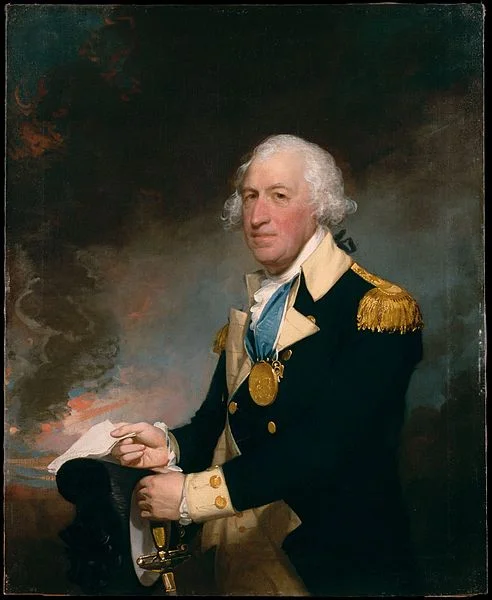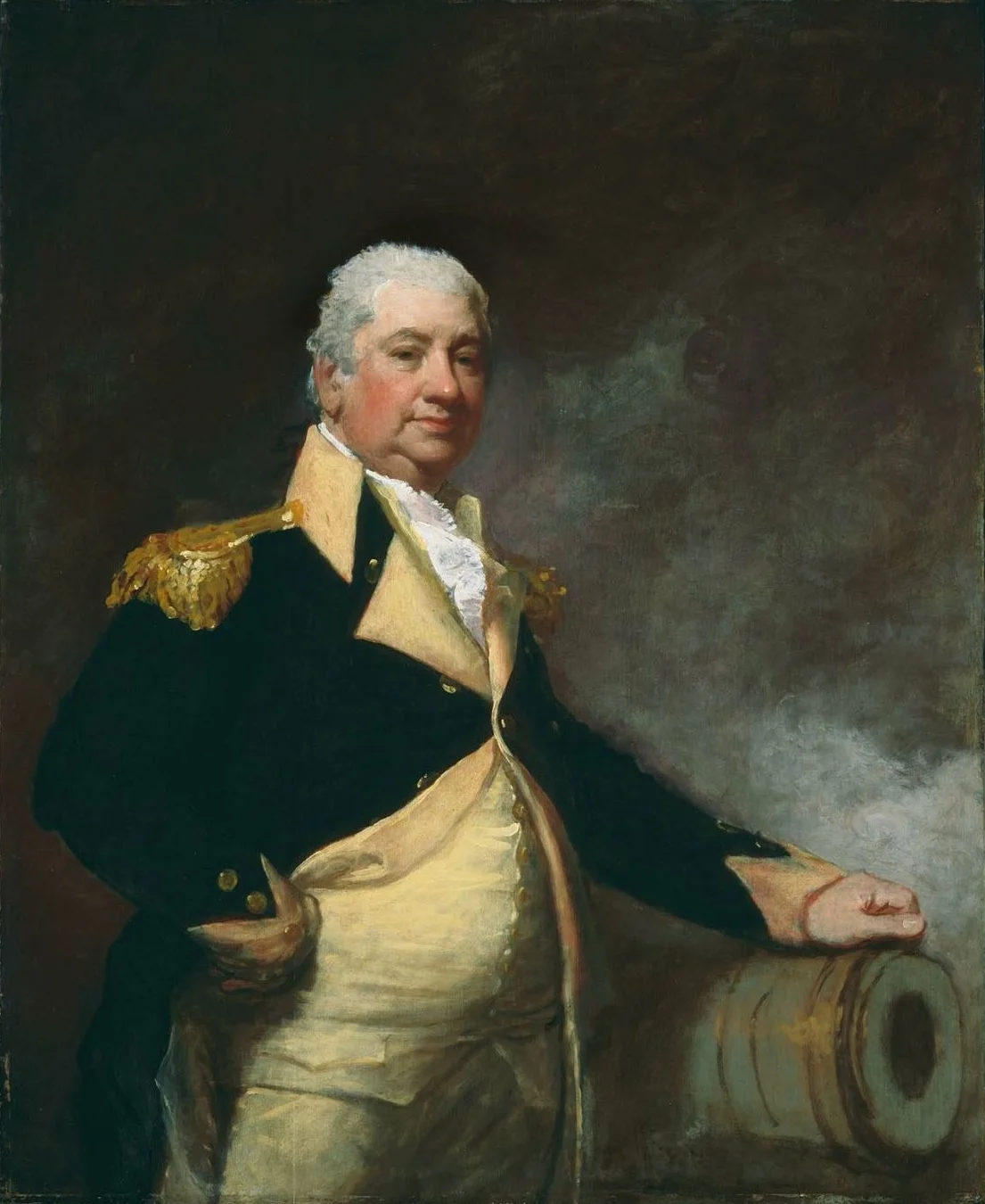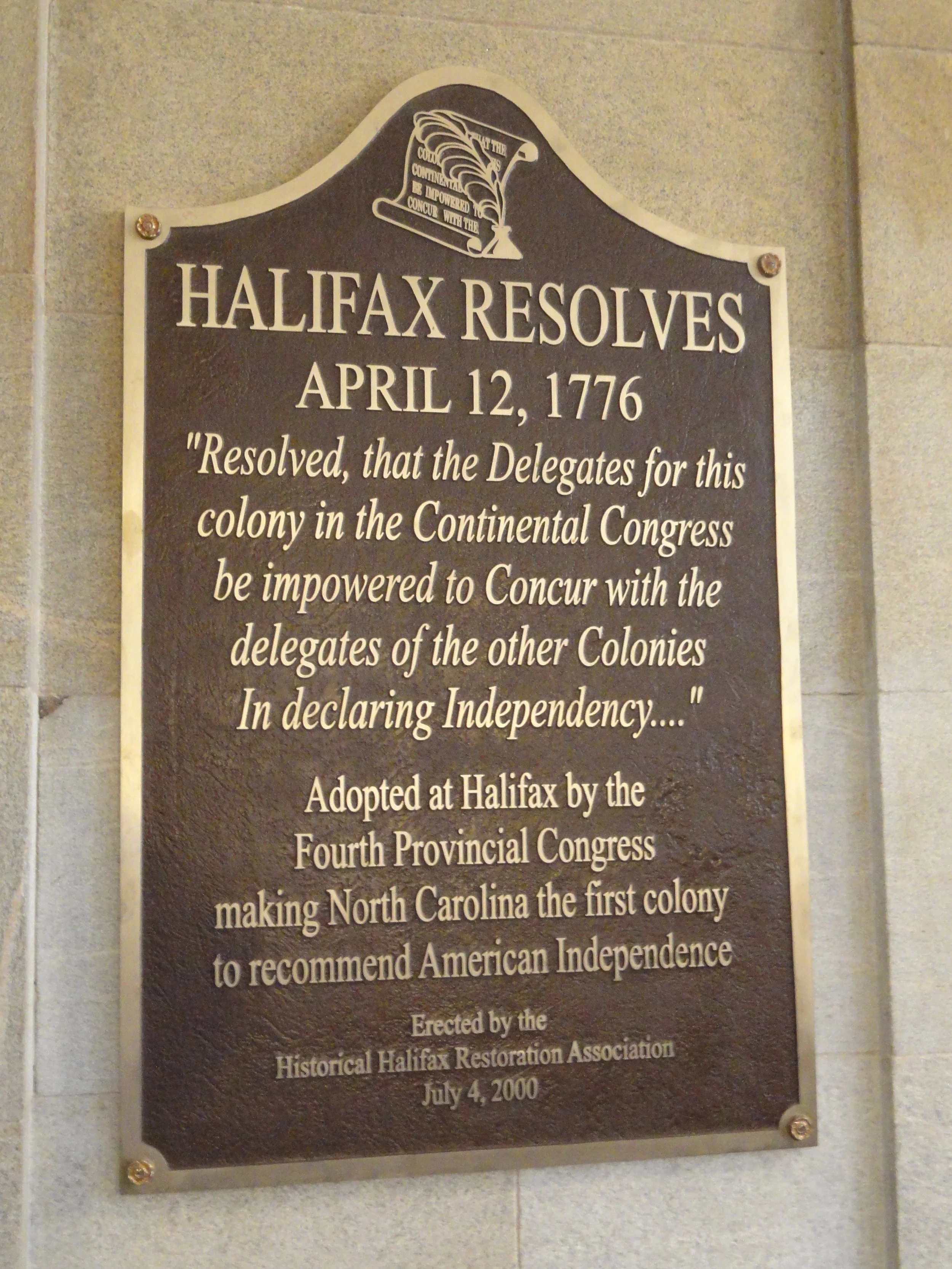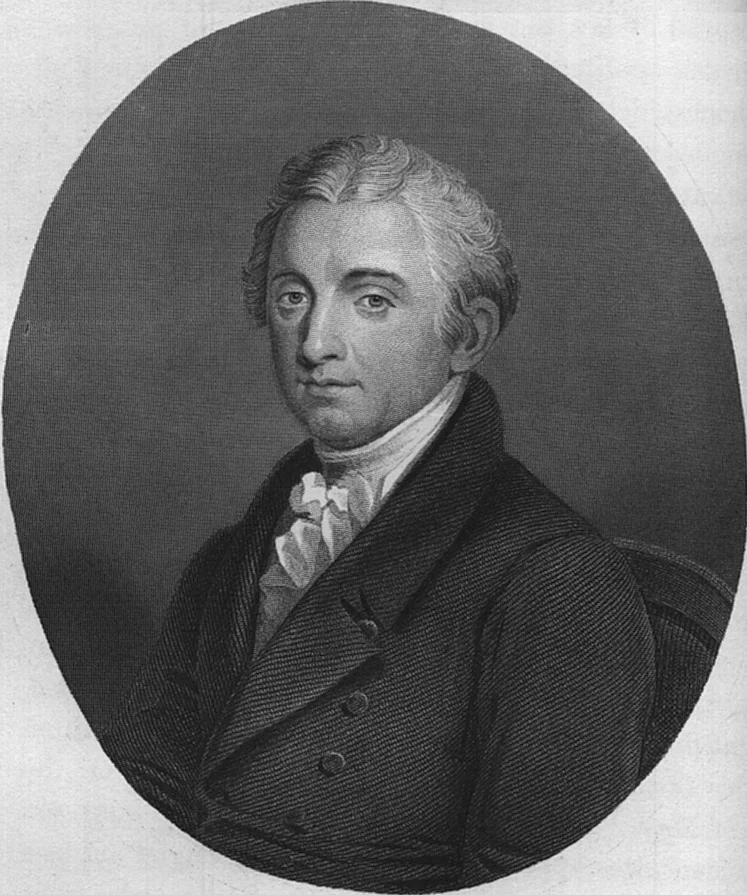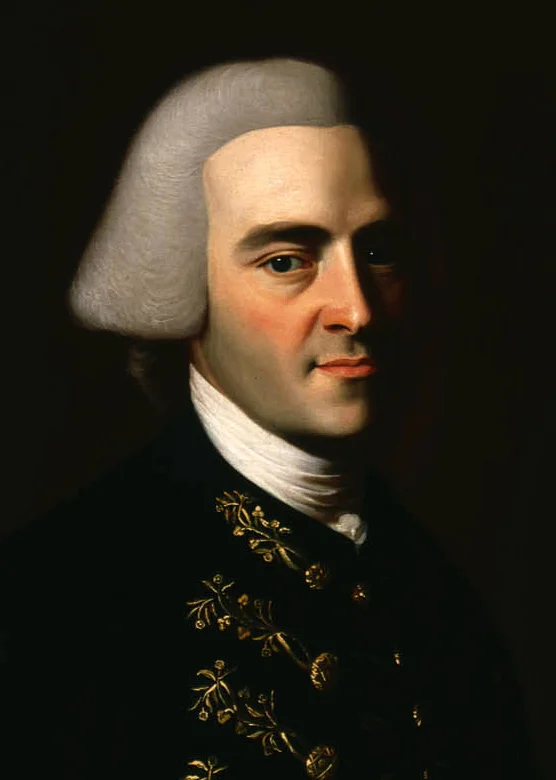Horatio Gates is a controversial figure in the American Founding. Though known as a hero in his day for the Battles of Saratoga, many of his decisions later in the war seem lead historians to view him in a less favorable light.
Henry Wisner - Milling Powder
Henry Wisner was a simple miller from Orange County in Upstate New York.
Henry Knox - Books, Artillery and War
Fort Knox generally makes us think of gold, and maybe aliens. Rarely do we think of its namesake, Henry Knox, and his contributions to the American Military.
Thomas Nelson Jr. - Armed Governor
Had you lived in Virginia during the late 18th century, Thomas Nelson Jr.'s name would have been known to you. He was a leader for both the state and nation as well as a committed revolutionary.
Simon Boerum
Simon Boerum is a very little known Founding Father. He was neither wealthy nor well known, but worked hard to serve his country.
Nicholas Van Dyke
Nicholas Van Dyke was an early critic of British oppression and went on to be a leader for the State of Delaware in its formative years.
John Harvie
John Harvie was one of the important young players in Revolutionary Virginia politics. Although he is out shined by his close friends today, he contributions to liberty were significant.
The Halifax Resolves
The Halifax Resolves is one of those documents which often get bypassed in the study of American History. With so much focus on States like Massachusetts, Pennsylvania and Virginia, sometimes important events in can be overlooked in places like North Carolina.
Gouverneur Morris - The One-Legged Ladies' Man and 'We the People'
Gouverneur Morris is one of those rare specimens in history who lived a life many people, then and now, scratch their heads about. He was a strange mix of Elvis and Hunter S. Thompson, living like a King while at the same time blatantly ignoring societies norms.
Thomas Paine - Penman of the Revolution
From England to America to France, Paine's spread the ideas of revolution everywhere he went. Just over a year after arriving in Philadelphia, Thomas Paine wrote Common Sense.
Samuel Adams - Professional Rebel
Sam Adams is known today more for being a brewery than a Founding Father. He was, however, one of the important early rebels who ignited the flame of liberty in the United States
Patrick Henry - Leading Revolutionary Virginia
Patrick Henry was an early critic of British actions in America. He remained important to the State of Virginia throughout the rebellion and into the formative years of the nation.
The Second Tier of Founding Fathers
The Founding Fathers have clear levels of fame in modern America. The men in this list are the second tier of founding fathers. Most of the names are recognizable, but many people may not be sure why.
John Hancock - The Wealthy Rebel
John Hancock is one of those recognizable names from the American Revolution most of us know very little about. The truth is his leadership (and wealth) not only contributed to the start of the Revolution, but lent credibility to the upstart nation in it's first two decades of existence.
The Evacuation of Boston
After the Battle of Bunker Hill in June of 1775, the war had become a stalemate. As more troops piled in for both the British and Americans no notable advances were made by either army. Here is what happened next...
Thomas Heyward Jr. - Songwriting Prisoner
Thomas Heyward Jr. was one of the young rebels who helped organize the First Provincial Congress of South Carolina. He would sign the Declaration of Independence and Articles of Confederation.
Nathaniel Scudder - The Doctor Who Died in Battle
At the outbreak of the American Revolution Dr. Nathaniel Scudder was a prominent physician in Monmouth, New Jersey. He began working for the Committee of Correspondence AND as a lieutenant colonel in the Continental Army.
Elbridge Gerry - More Than Just Gerrymandering
When unrest began in Boston, Elbridge Gerry worked for the Committee of Safety. He was sent to the Continental Congress where he was a signer of the Declaration of Independence.
Gunning Bedford Jr - Standing Up for the Little States
Gunning Bedford was sent by Delaware to be a representative at the Constitutional Convention.
Artemas Ward - The First Commander-in-Chief
When the Continental Army first appeared, it organized itself around Artemas Ward...the First Commander-in-Chief.
